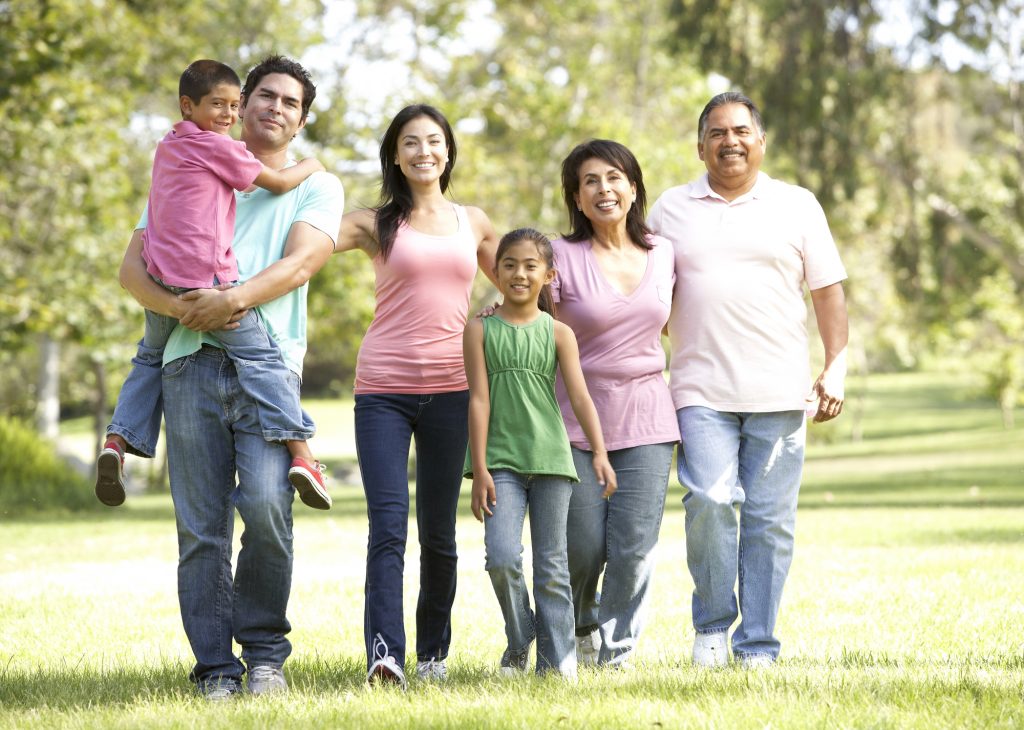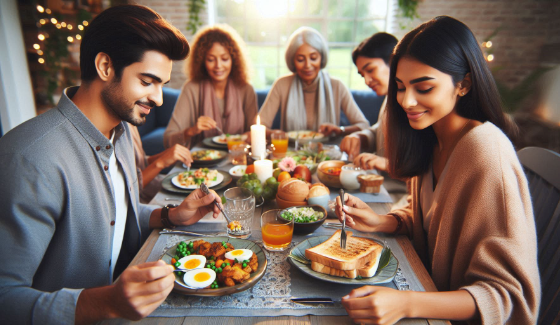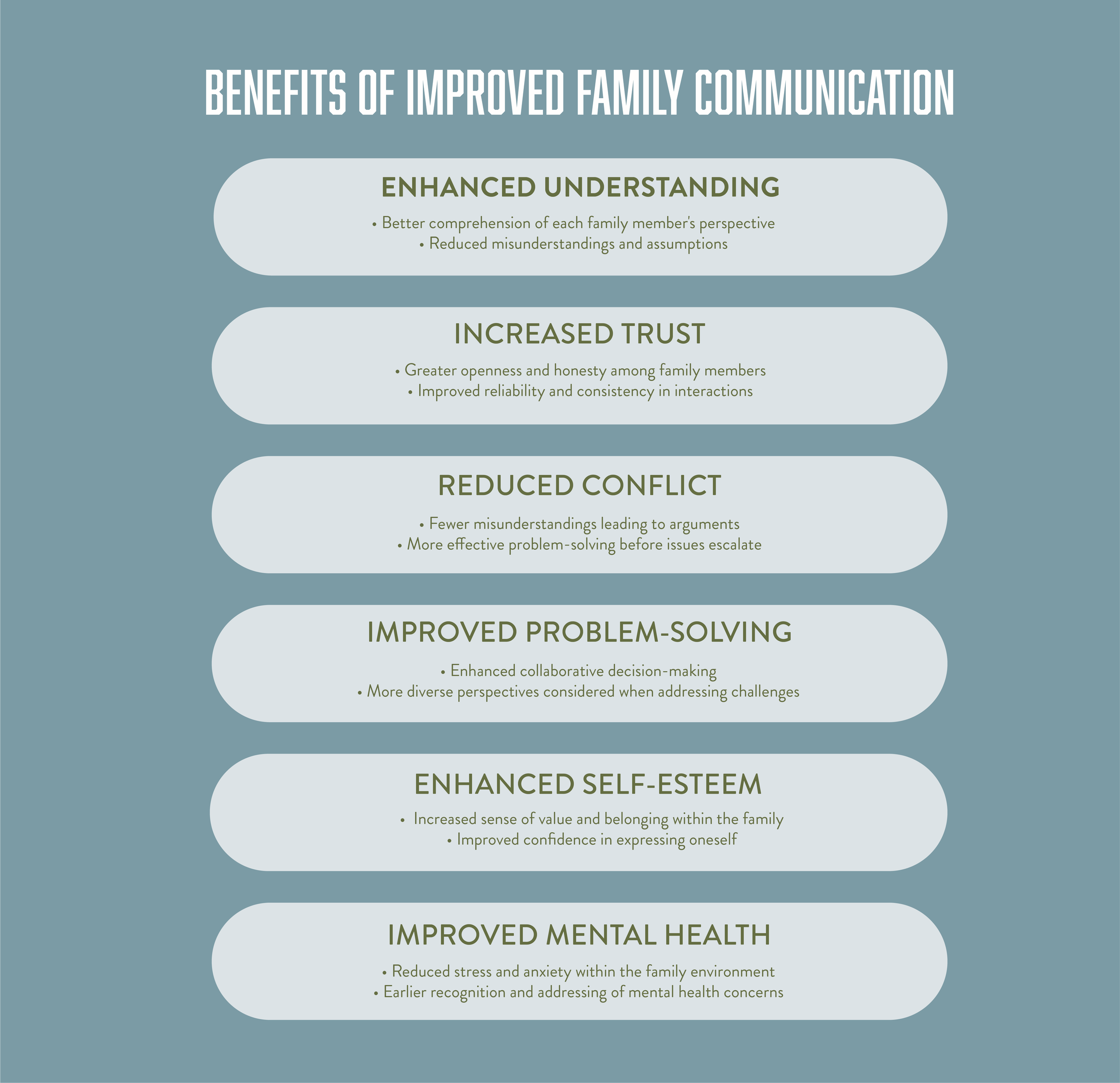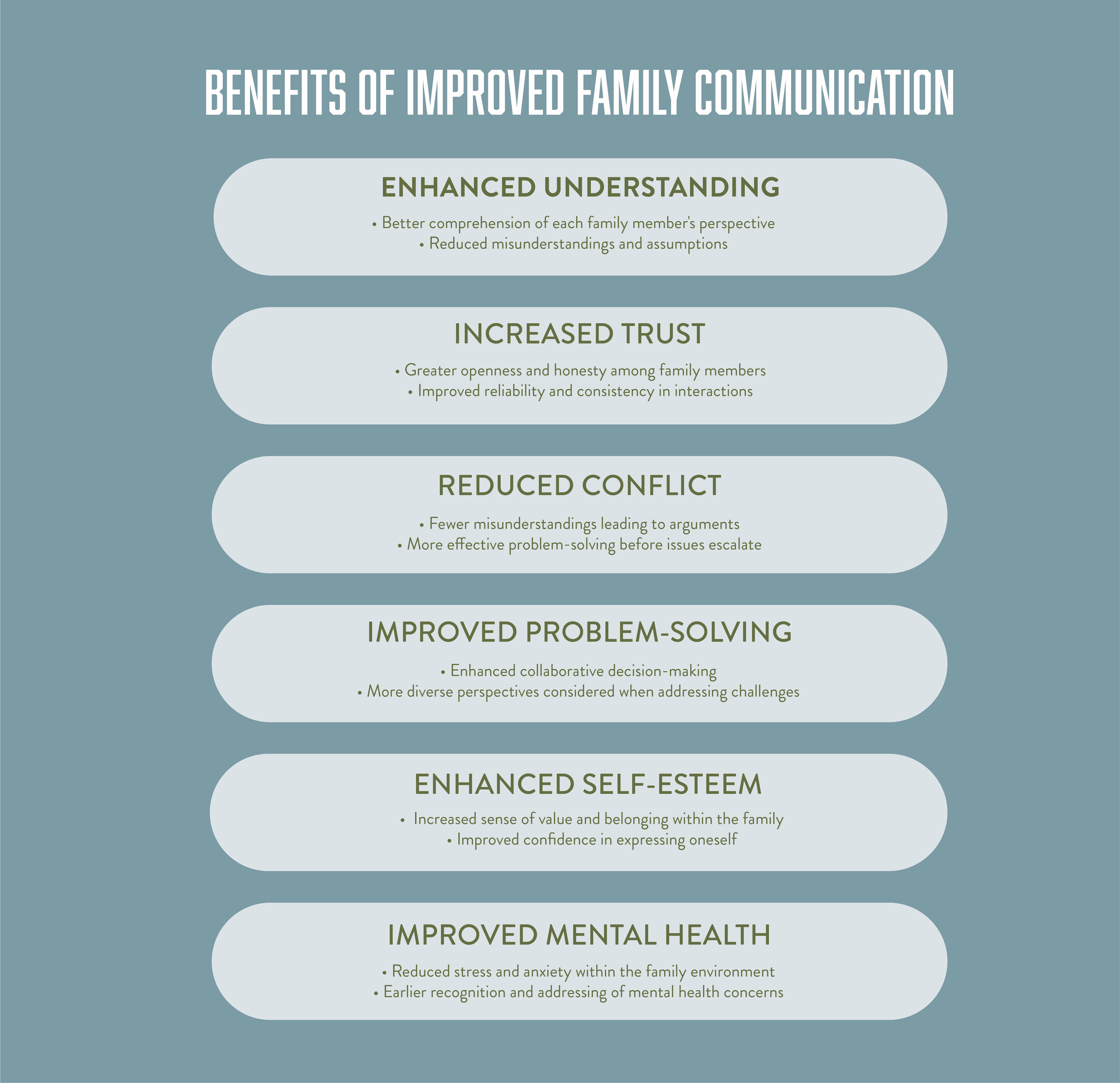Family rituals are more than just habits — they are emotional anchors that tie generations together across time. In a world where families are increasingly fragmented by distance, pace, and technology, rituals provide a rare opportunity to pause, connect, and share meaning. At Remin.site, we believe that death is not the end, but the beginning of a legacy that lives on. And nothing builds that legacy better than traditions passed down with love.

Introduction: Why Family Rituals Matter
Whether it’s the simple act of sharing Sunday dinners, lighting candles together on holidays, or reading bedtime stories, family rituals strengthen intergenerational bonds by creating moments of continuity and trust. These shared activities become stories — and stories become memories. Memories, when preserved, evolve into a family’s emotional and cultural DNA.
“Rituals provide families with a sense of identity and belonging,” notes the American Psychological Association.
The Psychological Power of Repeated Rituals
At their core, rituals give meaning to everyday life. They are often the difference between a meal and a tradition, between a conversation and a connection.
Establishing a Sense of Belonging
- Predictability builds trust: Knowing what’s coming — like a birthday celebration or annual reunion — helps both children and elders feel emotionally secure.
- Participation strengthens bonds: Everyone, from toddlers to grandparents, can take part in a ritual. That inclusivity enhances family cohesion.
Building Emotional Security for Children and Elders
Rituals are particularly powerful during life transitions: a grandparent’s retirement, a child starting school, or a family member’s passing. These moments become more manageable when wrapped in the familiarity of ritual.

Cultural Transmission Through Family Traditions
One of the most beautiful aspects of family rituals is their ability to serve as carriers of cultural knowledge. Through them, children learn where they come from — not just in terms of lineage, but in spirit, values, and worldview.
Passing Down Values and Identity
When a grandmother teaches her grandchildren how to make traditional dishes or a father shares prayers from his childhood, they’re not just sharing actions — they’re sharing who they are.
According to Greater Good Science Center, rituals can “enhance feelings of social connection, identity, and meaning.” These are essential elements in maintaining a family’s identity over time.
Rituals That Connect Generations (Examples Globally)
- Sunday Dinners – Common in Western cultures, they’re more than a meal; they’re a weekly reunion.
- Lunar New Year Celebrations – In many Asian cultures, this is a moment of multi-generational unity and reverence for ancestors.
- Thanksgiving – An American tradition that emphasizes gratitude and intergenerational storytelling.
- Storytelling Nights – In Indigenous and African traditions, these are sacred spaces for wisdom transfer.
- Religious Observances – From Sabbath dinners to Eid gatherings, rituals often rooted in faith have long been bridges across generations.

Modern Family Rituals That Adapt Across Generations
Rituals are not only about preserving the past. They are also about adapting meaningfully to the present. In our digital age, the way families gather and communicate has evolved — and so have rituals.
Digital Rituals: Connecting in a Virtual Age
Many families now create digital traditions that keep everyone connected, especially when geographically apart. Examples include:
- Weekly Zoom dinners with grandparents
- Shared digital memory books, like those curated on Remin.site
- Group chats dedicated to family recipes, photos, or quotes
These virtual practices, while different in form, carry the same essence — intentional time spent together across generations.
Hybrid Rituals: Combining Old and New
Families who preserve a traditional practice while adapting it for a modern lifestyle tend to find success in sustaining rituals. For instance:
- A millennial daughter might document her mother’s cooking on TikTok while still participating in the original ritual of cooking together.
- Grandparents may participate in digital storytelling with the help of apps that save their voices or video messages for future generations.

Benefits of Rituals for Intergenerational Communication
In a time when different generations often speak different “languages” — technologically, politically, even emotionally — rituals create a shared space for connection and understanding.
Creating Safe Spaces for Dialogue
When rituals are familiar, people feel safer expressing themselves. This is especially important for young adults who may feel disconnected from older family members or uncertain about their place in family history.
Bridging Generational Gaps with Shared Experiences
Rituals build empathy through shared emotional memory. A child helping to set the table for Passover year after year grows up not only learning the steps but internalizing the significance. Years later, that same child might lead the ritual, completing a powerful intergenerational cycle.
Continue reading the second half of this article to explore the challenges of maintaining rituals today, and how your family can build meaningful practices that last forever.
Challenges to Maintaining Rituals in the Modern World
Despite their importance, maintaining family rituals can feel increasingly difficult in today’s fast-paced, ever-shifting world. Between conflicting schedules, digital distractions, and geographic separation, many families unintentionally allow traditions to fade.
Time Constraints & Changing Family Structures
Work deadlines, extracurriculars, and even social media consumption can eat into the time once reserved for meaningful connection. On top of that, blended families, single-parent households, and long-distance relationships can complicate how, when, and with whom rituals happen.
“It’s not the structure of a family that determines its strength, but the intentionality of connection,” says Harvard Health.
Strategies to Sustain Rituals in Busy Lives
It’s not about keeping up with grand traditions. The power lies in consistency, meaning, and adaptability. Here’s how families can stay connected across generations, even in fragmented times:
- Schedule rituals like appointments — make them a non-negotiable part of the week or month.
- Keep them simple — even a 10-minute Sunday night call can become a treasured ritual.
- Document them — use tools like Remin.site to preserve photos, voices, and shared memories for future generations.
- Allow evolution — rituals don’t need to look the same over time. Let them grow with your family.
Tips to Build and Maintain Family Rituals
You don’t need a cultural playbook or a grandparent’s blessing to start a new tradition. All it takes is intention, and a little consistency. Here are some practical steps to begin today:
Start Small and Stay Consistent
Choose a ritual that aligns with your family’s rhythm. Maybe it’s a shared playlist you update together. A monthly storytelling dinner. A group journaling challenge. What matters is that it’s meaningful to you.
Involve Every Generation
Intergenerational rituals work best when everyone has a voice. Ask elders to share traditions they grew up with. Let children bring modern ideas. The goal is to create something collaborative and rooted in shared love.
“Families don’t find time — they make time. And in making time, they make meaning.” — Anonymous
Conclusion: The Enduring Power of Rituals
Rituals are not relics of the past. They are the compass points we return to when the world feels uncertain. They’re how we remember who we are — and who we come from. In a time where so much changes, they remind us of what remains.
At Remin.site, we’re helping families preserve these sacred connections. Because every story matters. Every tradition counts. And death is not the end — it is the beginning of what you pass on.
Let your legacy live in memories, not just in moments. Start building your family rituals today.
FAQs
What is the difference between a family routine and a ritual?
While both involve repetition, routines are typically practical (like brushing teeth), whereas rituals carry emotional and symbolic meaning (like bedtime stories or birthday traditions).
Can rituals work in blended or non-traditional families?
Absolutely. In fact, rituals can be even more important in blended families, providing a sense of unity, shared identity, and consistency. Tailor them to reflect your family’s unique story.
How can I start a new family ritual today?
Start simple: schedule a regular video call, create a shared memory book on Remin.site, or cook a meal together using a recipe from your grandparents. The key is to begin — meaning will grow with time.
Further Reading:
- UNESCO – Safeguarding Intangible Cultural Heritage
- How Technology Helps Bridge Generational Gaps
- The Role of Grandparents in Child Development
Your story matters. Let it echo across generations.
